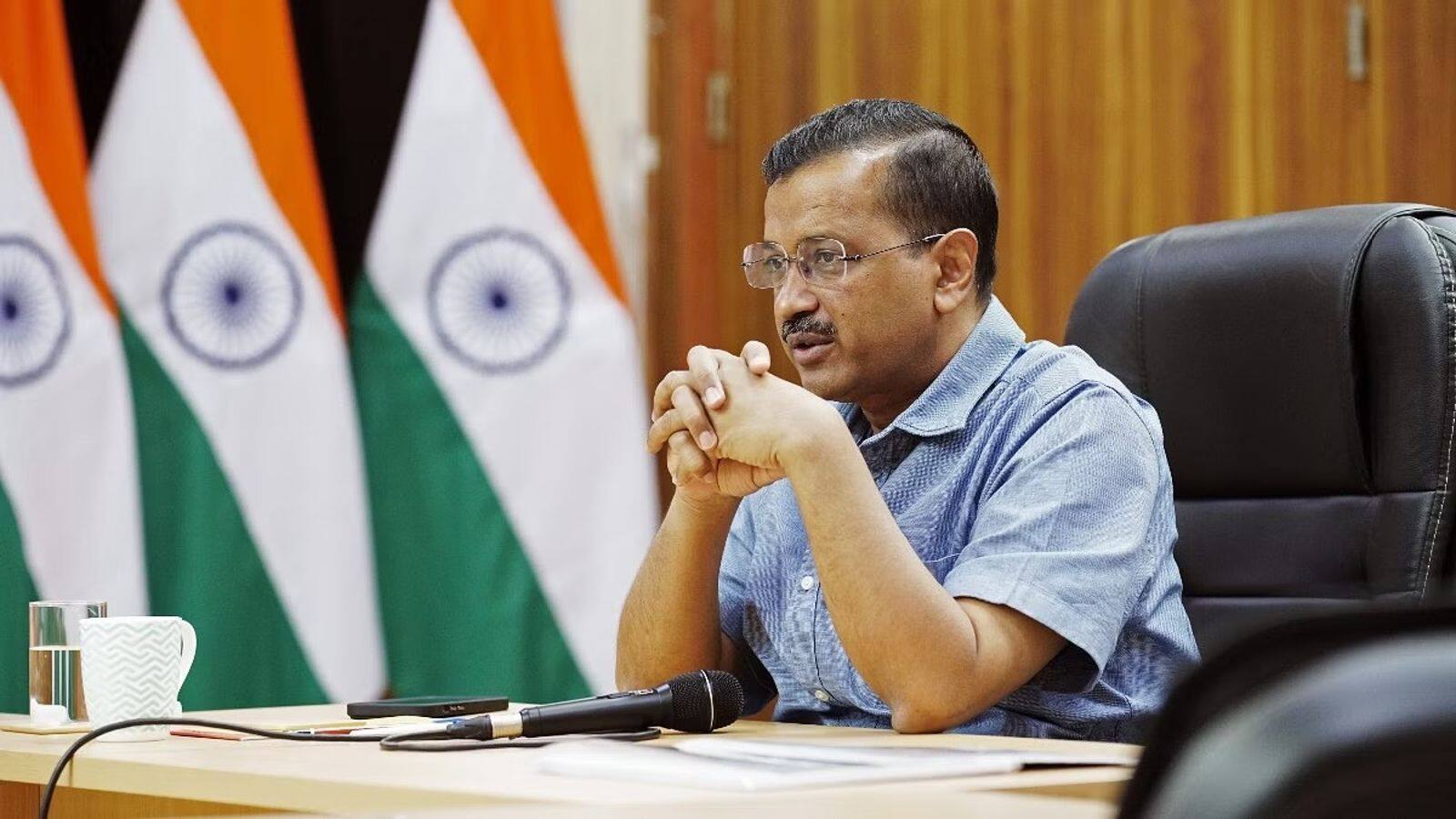
Kejriwal's health deteriorating in ED custody: Chief minister's office
What's the story
The health of Arvind Kejriwal has deteriorated since his arrest on March 21, the Chief Minister's Office said.
The claims were made on Wednesday, when the Aam Aadmi Party (AAP) national convener was seeking immediate release from the Delhi High Court.
"Arvind Kejriwal's sugar level is continuously fluctuating and has dropped to 46. Doctors say...it is very dangerous for sugar levels to go so low," an official said.
His wife, Sunita Kejriwal, also confirmed these concerns during an online briefing.
Details of detention
Kejriwal detained over money laundering allegations
The Enforcement Directorate (ED) arrested Kejriwal last week in connection with a money laundering case related to the defunct Delhi excise policy.
He will remain in ED custody until March 28.
The Delhi CM has contested his arrest in court, with his representative, senior advocate Abhishek Singhvi, arguing that the arrest was not intended for evidence collection but to disable him and his party.
Transfer of custody
CBI plans to take over custody after ED's remand
Once the ED's remand period concludes, the Central Bureau of Investigation (CBI) intends to take over custody of Kejriwal concerning the same money laundering case.
The CBI plans to submit its application as soon as Kejriwal's ED custody period ends.
Meanwhile, Additional Solicitor General SV Raju, representing the ED, has asked for three weeks to respond to Kejriwal's petition challenging his arrest.
Governing from behind bars
Kejriwal continues governance despite arrest
Kejriwal, for his part, continues to run his government from jail.
On Tuesday, he issued a second order from ED custody, asking Health Minister Saurabh Bharadwaj to address the paucity of medicines and diagnostic tests at mohalla clinics and hospitals.
Kejriwal's first order from jail, issued on Sunday, urged minister Atishi to address water and sewage-related grievances.
Blood sugar
What are normal and high levels of postprandial blood sugar?
Usually, blood sugar levels peak 1-2 hours after eating when carbohydrates are broken down into glucose or sugar and enter the bloodstream.
Postprandial (after meal) blood sugar levels for healthy individuals should normally be less than 140 mg/dL (milligrams per deciliter) two hours after a meal.
Individuals with diabetes, however, can have higher levels, indicating difficulty managing blood sugar.
Elevated blood sugar, if not controlled, increases the risk of diabetic complications such as heart disease, renal disease, stroke, among others.